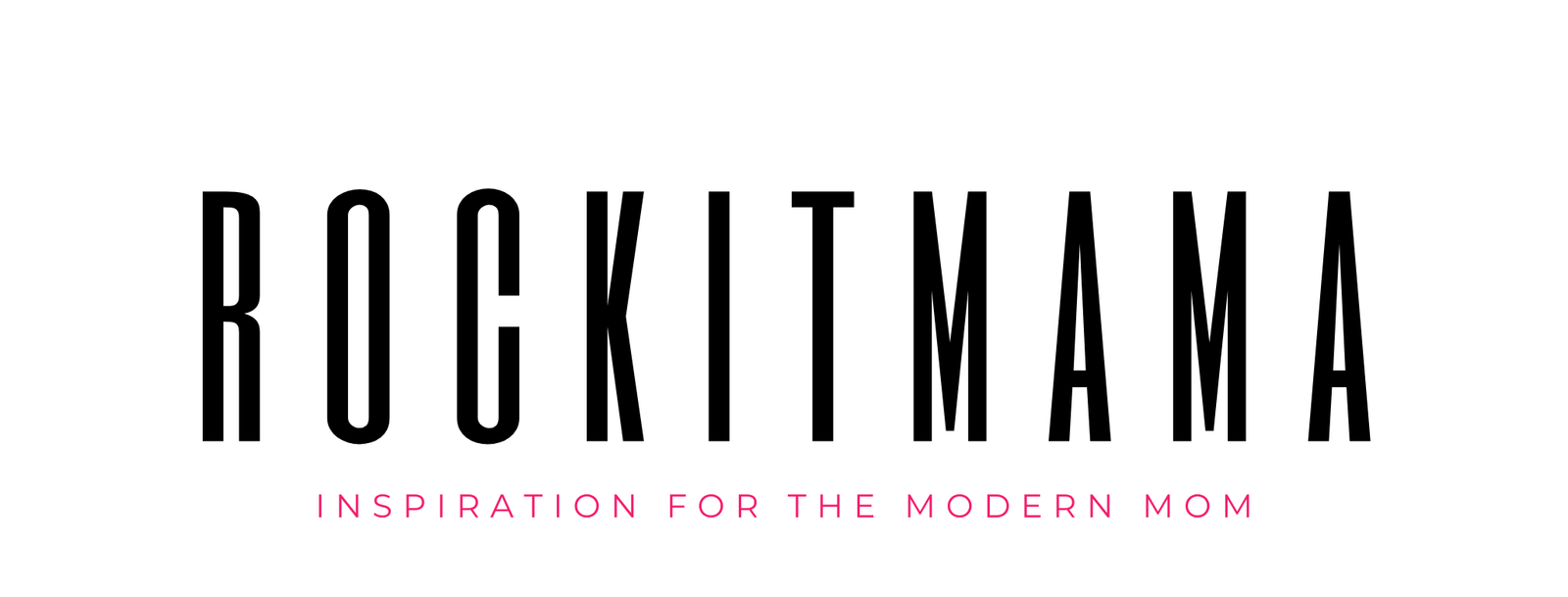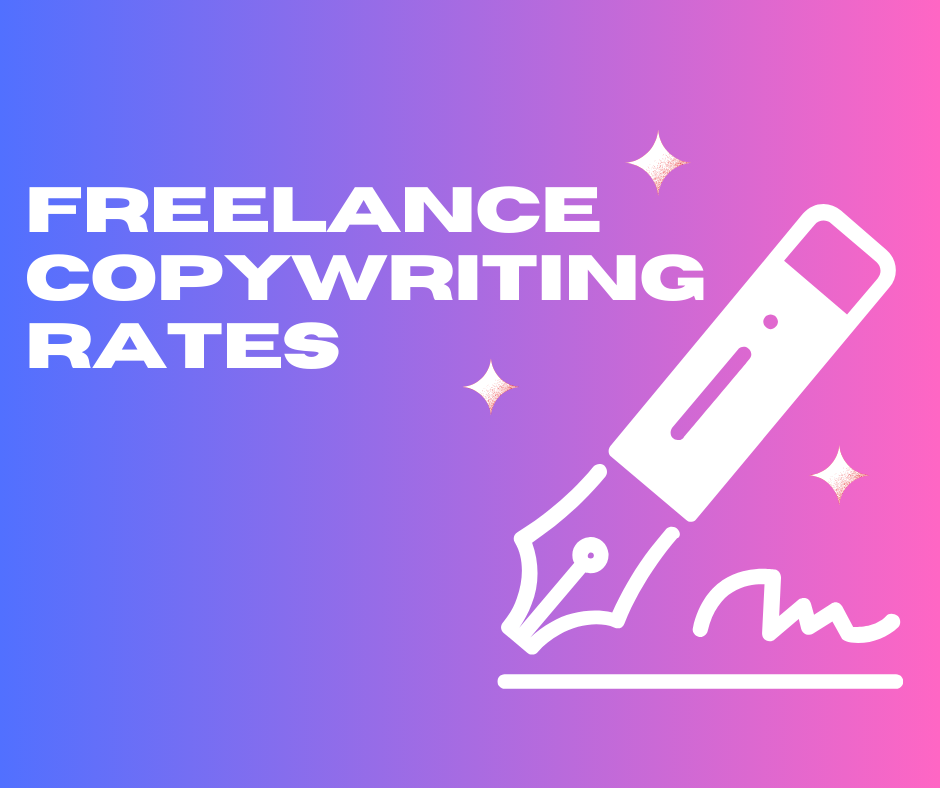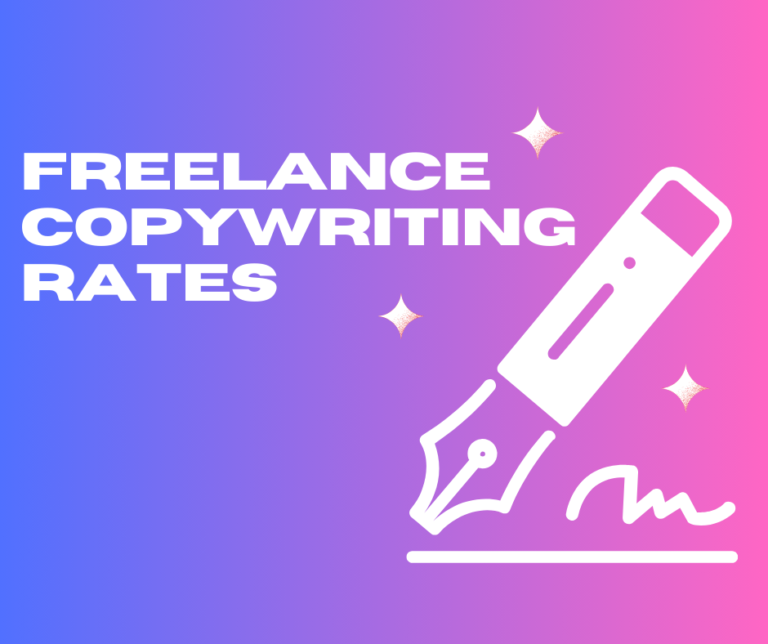Introduction
Establishing the right rates as a freelance copywriter is essential for a successful and sustainable career. Fair pricing ensures you are compensated appropriately and helps attract clients who value your work. This guide will explore factors influencing copywriting rates, the different types of copywriting projects, and how to determine and negotiate your rates effectively.
What the Market Data Reveals
Here’s a breakdown of current freelance copywriting rates based on industry benchmarks:
Website Copywriting:
- Entry-Level/Budget Writers: $50 to $100 per page – Often for newer writers or those working in lower-cost regions, with the expectation that more editing may be required.
- Mid-Level Services: $100 to $400 per page – For more experienced writers with solid portfolios.
- High-End Services: $500+ per page – For writers who deliver polished, SEO-optimized copy with minimal guidance.
Blog Posts & Articles:
- Basic Blog Posts: $50 to $150 for short posts (300-600 words) or less experienced writers.
- In-Depth Blog Posts: $400 to $750 for comprehensive, researched posts (1,500-2,500 words).
- Per-Word Pricing: Typically ranges from $0.10 to $1 per word. Expert copywriters may charge up to $2 per word for highly specialized content.
SEO Copywriting:
- Product Pages: $150 to $800 per page, depending on the complexity of the product and SEO requirements.
- Blog Posts: $100 to $1,500 depending on length and SEO optimization.
- Sales Pages: $1,000 to $20,000 – Highly skilled copywriters can command top rates, particularly for long-form pages that drive significant conversions.
Email Copywriting:
- Simple Emails: $50 to $250 per email for basic email marketing.
- Complex Sales Emails: $250 to $1,000+ depending on the length, complexity, and expected revenue.
Landing Pages:
- Low-Cost Options: $100 to $300 per landing page for entry-level work.
- Mid-Range: $300 to $1,000 for SEO-optimized, conversion-focused landing pages.
- Premium Services: $1,000+ for highly persuasive, research-driven pages designed to convert.
Factors Influencing Rates
Several elements can impact the rates copywriters charge:
- Experience: Writers with more experience and proven results can charge more.
- Specialization: Copywriters with expertise in areas like finance, health, or technology often command higher fees.
- Project Complexity: Projects requiring in-depth research, technical knowledge, or strategic insight will be priced higher.
- Location: Writers in regions with higher living costs (e.g., New York, London) may need to charge more.
- Turnaround Time: Clients who need work delivered quickly may be willing to pay more for faster delivery.
Understanding Different Copywriting Categories
Different types of copywriting come with varying rates due to the nature of the work:
- Web Copywriting: Writing for websites (homepages, service pages, product descriptions) tends to range from $100 to $500 per page, depending on the writer’s experience and the complexity of the content.
- SEO Copywriting: This involves writing optimized content that ranks well in search engines, which typically commands higher rates due to the specialized skills required.
- Email Marketing: Effective emails are crucial for engagement and conversions. Rates vary widely depending on the type and purpose of the email (newsletters vs. sales emails).
- Sales Pages: Long-form sales pages that drive conversions are often the most expensive type of copywriting, given their direct impact on revenue.
- Technical Writing: Writing on complex or specialized subjects (e.g., white papers, technical guides) usually demands premium rates due to the expertise involved.
How to Research Market Rates
To ensure your rates are competitive:
- Industry Benchmarks: Use resources like the ProCopywriters’ Survey (UK) or PayScale (US, South Africa) for industry standards.
- Freelance Platforms: Platforms like Upwork, Freelancer, and PeoplePerHour can give you insight into the rates others are charging for similar work.
- Professional Associations: Joining associations like the American Writers & Artists Institute (AWAI) or the Chartered Institute of Marketing (CIM) provides access to valuable rate guidelines.
Setting Your Own Rates
When determining your rates, follow these steps:
- Assess Your Skills and Portfolio: Be honest about your current skill level and the quality of your portfolio. More experienced copywriters can charge more.
- Calculate Your Expenses: Determine your monthly expenses and desired income. Use this to set your minimum hourly or project-based rates.
- Offer Tiered Packages: Provide clients with different pricing options, such as a basic, mid-range, and premium package. This can appeal to a wider range of budgets.
Choosing Pricing Models
Different pricing models suit different types of projects:
- Fixed Price: Best for projects with a clear scope (e.g., $500 for a website page).
- Hourly Rate: Ideal for projects with uncertain scope or for ongoing work (e.g., $50 to $150 per hour).
- Per Word: Effective for writing tasks with set word counts (e.g., $0.10 to $1 per word).
- Value-Based Pricing: Charge based on the expected revenue your work will generate (e.g., a percentage of sales from a high-converting sales page).
- Package Deals: Offering bundled services (e.g., three blog posts for $1,000) can attract more clients.
Hidden Costs to Account For
Don’t forget to include additional costs in your pricing, such as:
- Revisions: Decide whether you’ll include revisions in your base price or charge extra for additional rounds.
- Research: Projects that require extensive research should be priced higher.
- Project Management: Time spent on communication, planning, and management should be factored into your rates.
Reviewing and Raising Rates
As your expertise grows, so should your rates. Reassess your pricing annually or after completing major projects, and stay informed on industry trends. When raising rates for existing clients, provide clear communication and advance notice, explaining the added value you bring.
Final Thoughts
Setting appropriate freelance copywriting rates is essential for long-term success. Regularly review your rates, stay aware of market conditions, and effectively communicate the value you offer to your clients.
By understanding key factors that influence pricing and setting fair, transparent rates, you can position yourself for success in the competitive world of freelance copywriting.
FAQs
1. What is freelance copywriting?
Freelance copywriting involves writing persuasive and engaging content for various mediums like websites, blogs, emails, and advertisements. As a freelancer, you work independently with multiple clients, typically charging per project, per word, or by the hour.
2. How do I start freelance copywriting?
To start freelance copywriting, focus on building a portfolio showcasing different writing samples. Research common rates, choose a niche, and create a website or LinkedIn profile to market your services. Networking and joining platforms like Upwork or Fiverr can help you find your first clients.
3. How much can you make as a freelance copywriter?
Freelance copywriting income varies widely based on experience, specialization, and the type of clients. Beginners might earn between $25 to $50 per hour, while experienced copywriters can charge upwards of $100 per hour or more for specialized work like sales pages.
4. How much should I charge for freelance copywriting?
Rates for freelance copywriting vary depending on the project. For blog posts, you might charge between $50 to $500, while website pages could range from $100 to $500 per page. Sales pages can demand much higher fees, from $300 to $25,000. It’s essential to research industry rates and charge according to your experience and expertise.
5. Where do I find freelance copywriting jobs?
Freelance copywriting jobs can be found on platforms like Upwork, Fiverr, Freelancer, and LinkedIn. You can also pitch directly to businesses, network within your industry, or join job boards specifically for freelance writers.
6. How do I start a freelance copywriting business?
Starting a freelance copywriting business involves deciding on your niche, setting up a professional website or portfolio, determining your rates, and marketing your services. You’ll also need to manage business aspects like contracts, invoicing, and client communication.
7. How do I get freelance copywriting clients?
To get freelance copywriting clients, focus on building a strong online presence, showcase your portfolio, and leverage social media and networking events. Cold-pitching businesses and using job platforms like Upwork or Freelancer can also help secure clients.
8. How much should I charge for SEO copywriting?
SEO copywriting rates are typically higher due to the expertise involved. Expect to charge between $60 and $800 per product page, or $125 to $2,000 per blog post, depending on the complexity and length of the content.
9. What are examples of freelance copywriting?
Examples of freelance copywriting include writing blog posts, website pages, email newsletters, product descriptions, social media posts, and sales pages. These are tailored to attract and convert readers into customers through compelling and persuasive language.
10. How do I determine rates for freelance copywriting?
Determining your rates involves considering your experience, the project’s complexity, industry standards, and the client’s budget. Many freelancers use a per-word rate for articles or a per-project fee for larger tasks like sales pages or web copy. Adjust your rates over time as your expertise grows.
11. How is AI affecting freelance copywriting?
AI is becoming increasingly influential in the world of freelance copywriting, particularly with the rise of tools like ChatGPT and Jasper. These AI tools can help speed up content creation, handle basic writing tasks, and improve SEO optimization. However, they also pose competition for freelance writers, especially for clients seeking quick, low-cost content. Freelancers who specialize in high-quality, creative, and deeply researched work are likely to remain in demand, as AI currently struggles with nuanced, persuasive writing that requires a human touch.
12. Can freelance copywriters use AI to improve their work?
Absolutely! Freelance writers can leverage AI tools to enhance productivity, conduct research, or even generate drafts. AI can help with content outlines, keyword optimization, or providing suggestions for writing styles. However, it’s important to ensure that the final output is thoroughly edited, polished, and tailored to the client’s needs, as AI-generated content often requires a human touch to be truly effective.









